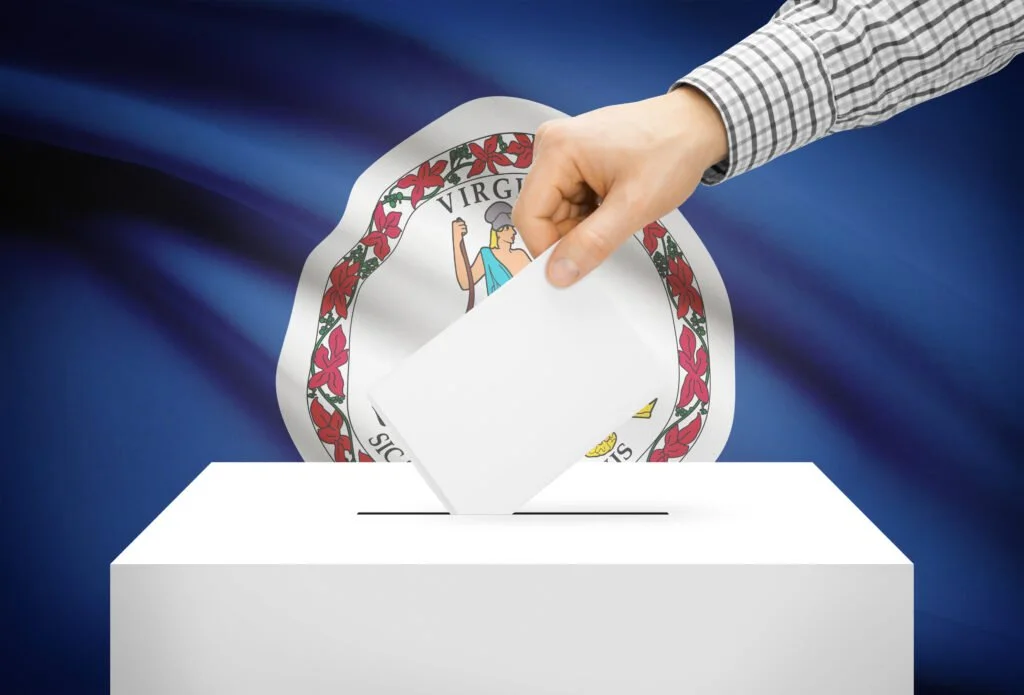President Trump, in an expansion of presidential power, has acted to downsize the federal government. At the core of this initiative is a federal buyout program, with Elon Musk at the helm, designed to offer employees financial incentives to voluntarily leave their positions. (Cover credits)
Read MoreElon Musk’s leadership of DOGE—Trump’s radical cost-cutting initiative—has precipitated a constitutional conflict challenging the boundaries of executive authority, the role of unelected officials, and the judiciary’s willingness to rein in a presidency intent on reshaping the federal bureaucracy.
Read MoreIn recent weeks, President Donald Trump has signed an executive order attempting to end birthright citizenship. A judge swiftly denied this. During his campaign, he promised to deport approximately 1 million undocumented immigrants per year which would nearly triple the 1.5 million individuals he deported during his first term. While there is a push for even more restrictive immigration laws from politicians like President Trump, current legislation allows systems of legal violence against immigrants to persist, reinforcing a historical pattern of exclusion, exploitation, and marginalization.
Creator: Sandor Csudai picturing asylum seekers
Read MoreCan public schools teach inclusivity without infringing on religious liberty and parental rights? The Supreme Court’s decision in Mahmoud v. Taylor could redefine the future of public schooling in America. (Image credit: National Catholic Register)
Read MoreIn a landmark decision, U.S. District Judge Richard Boulware finalized a $375 million settlement in the antitrust lawsuit against the Ultimate Fighting Championship (UFC). This resolution concludes a decade-long legal battle initiated by 1100 mixed martial arts (MMA) fighters who alleged that the UFC engaged in monopolistic practices that suppressed their earnings and restricted their professional opportunities.
Read MorePresident Trump’s Executive Order titled “Protecting the Meaning and Value of American Citizenship” denies birthright citizenship based on the immigration status of parents.
Read MoreThe Equal Rights Amendment, first introduced over 100 years ago, has been a key goal for three waves of feminist movements. However, after a century of legal and political turmoil, the amendment recently faced its legal death. Why is an amendment proclaiming gender equality so controversial?
Read MoreTrump’s presidency has pushed the boundaries of executive power, defying legal precedent and dismantling constitutional checks and balances. As lawsuits mount and the Supreme Court weighs in, his strategy appears less about governance and more about cementing presidential supremacy.
Read MoreNearly 4 months after Americans went to the polls in November, the North Carolina Supreme Court. This article explores Republican Jefferson Griffin’s challenges to the results of the election and the legal and political implications of the state Supreme Court deciding who will sit on the bench for the next nine years.
Read MoreThe fatal December beating of Robert Brooks, an inmate in an Upstate New York correctional facility, brought to light discussions of prisoner protections. Though shocking, this event reveals a larger pattern of Eighth Amendment rights violations in the state’s prisons, calling into question the effectiveness of current state laws in preventing inmate abuse.
Read MorePresident Trump’s proposed sovereign wealth fund is the latest in a series of unprecedented and constitutionally murky efforts to reshape national economic policy through executive action.
Read MoreImagine if you could only fuel your Honda at a Toyota gas station – and had to pay more to do it. Welcome to Tesla’s dominance: this article examines the legal implications of Tesla's vertical integration and examines how antitrust principles apply to Tesla today. (Image credit: MIT Technological Review)
Read MoreGeorgia finds itself at a historic crossroads — between European Union-granted autonomy and Russian authoritarianism. The streets of Tbilisi echo with the voices of freedom-loving Georgians, and their resistance is palpable in the air. Anger, defiance, and an unshakable determination to safeguard their democratic future drive them forward. Every day in every city of Georgia, people march in support of a European future. Will Georgia’s path be determined by the weight of its past, or by the will of a new generation ready to redefine its future?
Source: Guram Muradov/Civil.ge
Read MoreWith the EU’s AI Act, coming into effect in August 2024, and its prohibitions on AI practices outlined in Article 5 taking effect in February 2025, new guidelines provide legal leadership in the development and application of AI systems and establish appropriate use.
Read MoreThe recent legal dispute between “It Ends With Us” stars Blake Lively and Justin Baldoni, as well as the 2022 defamation battle between former spouses Amber Heard and Johnny Depp, showcase how social media is playing an increasingly critical role in libel cases, providing key evidence and shaping public opinion.
Read MoreAhead of the recent election, the Supreme Court stood by the Commonwealth of Virginia purging more than 1,600 voters, alleging that they were non-citizens. How does this fit into broader trends in American election laws since the controversial Shelby County v. Holder (2013) holding eleven years ago?
Read MoreIn January, the Supreme Court will hear oral arguments in the case of Barnes v. Felix, in which a Texas police officer jumped onto a moving car and fatally shot the driver during a routine traffic stop. Overturning the Fifth Circuit’s ruling that the officer’s use of force was reasonable would establish a more consistent standard for the limits of police force and officer accountability in traffic stops across federal courts.
Read More“Now I am become Death, the destroyer of worlds,” – these very words manifested Robert Oppenheimer's reaction to the explosion of the first nuclear bomb, echoing through time and reminding us of what irresponsible use of technology can lead to. Today, we are facing an equally pressing moment of reckoning with the rapid rise of artificial intelligence (AI) as a tool of warfare. Just like nuclear technology, the weaponization of AI holds the potential for both good and harm dependent on its use. This makes international regulation of AI in warfare paramount.
Read More
















